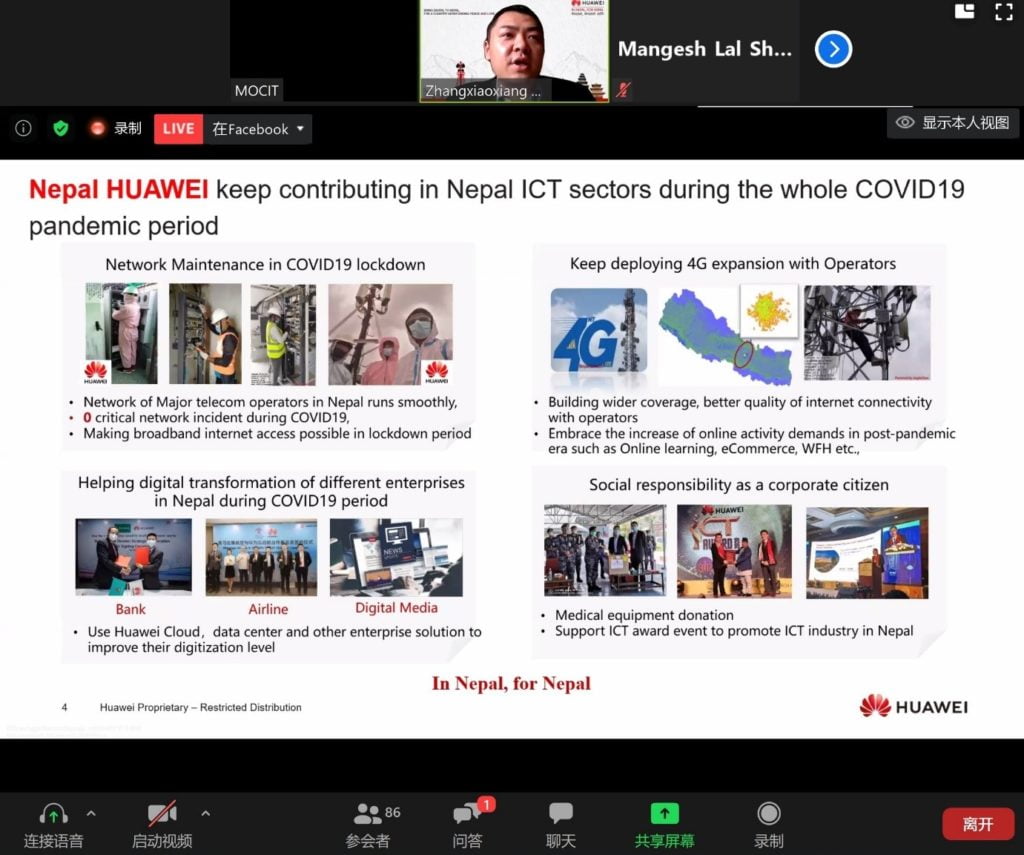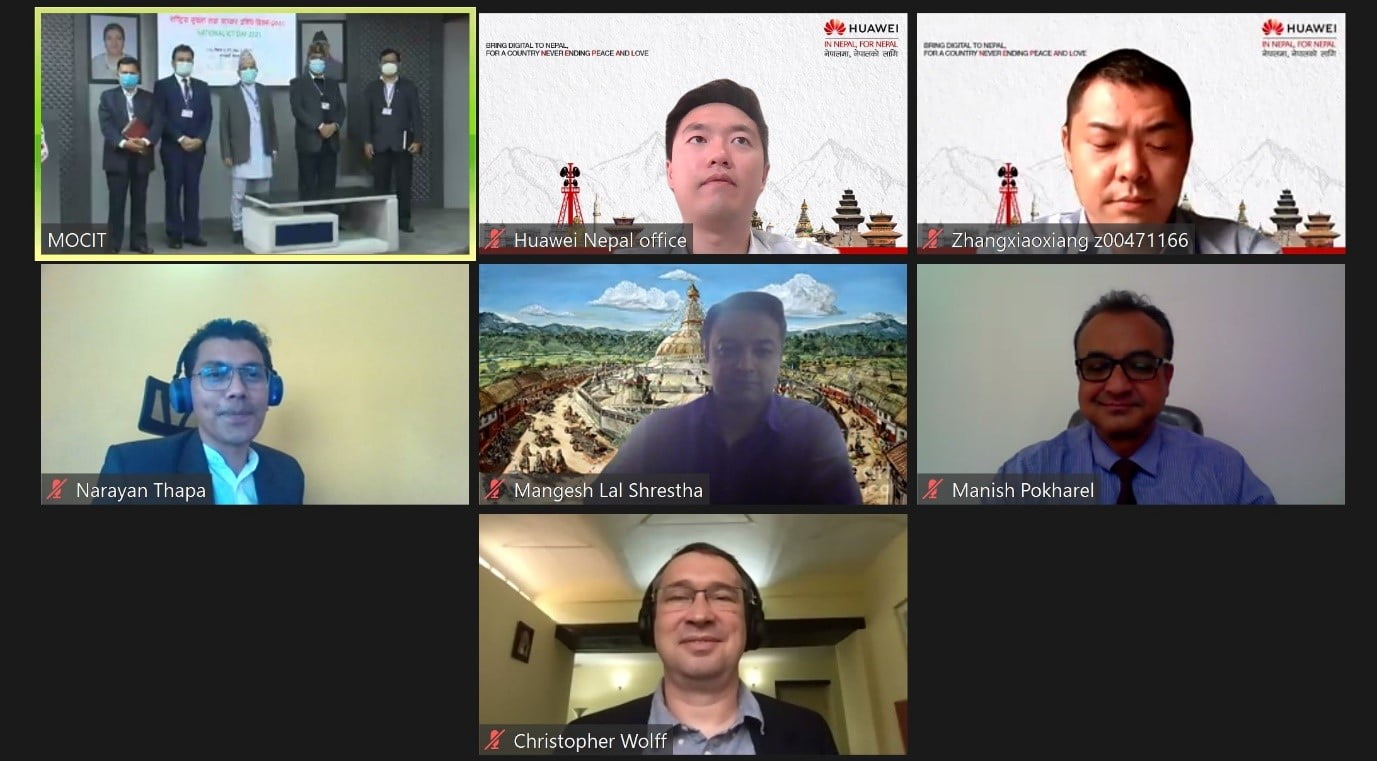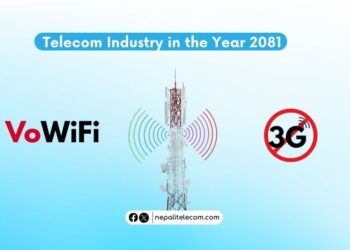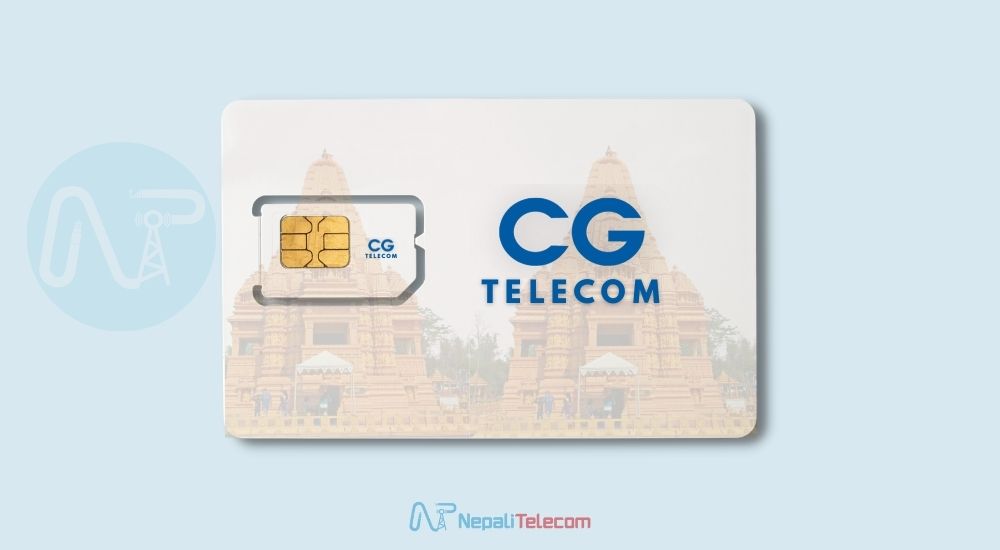Huawei Nepal CEO, William Zang declares “ICT infrastructures indispensable” for Digital Nepal ambitions. Celebrating the ICT Week on May 3, MoCIT hosted an online meetup between major tech firms. Representatives from Huawei, UNCDF, CAN Federation, FNCCI, KU, and MoCIT participated in the webinar and discussed their roles in enhancing the ICT sector in Nepal.
Mr. Christopher Wolff from UNCDF discussed the Inclusive Digital Economies Score (IDES) in Nepal. Likewise, Narayan Thapa from CAN Federation gave his take on Vision for ICT Growth in Nepal.
Similarly, Mangesh Lal Shrestha from FNCCI touched upon how to move forward for ICT Development and Digital Economy. Manish Pokharel from KU highlighted the role of ICT in education during and after the pandemic.
Anil K. Dutta, Chief Joint Secretary of Information Technology Division, MOCIT, discussed Digital Nepal Framework, being included as the game-changer project on the current 15th periodic plan.
Digital Nepal Framework: A Game Changer
Huawei Nepal CEO, William Zhang, who had received the prestigious National ICT award for the Chinese firm the previous day, was also among the attendees. At the event, the CEO ran a presentation that illustrated Huawei’s contribution and future ambitions for Digital Nepal.
Mr. Zhang discussed Huawei’s continued role in improving Nepal’s telecommunication sector and offered his suggestions. to improve further The CEO declared “ICT infrastructure indispensable” to guide Nepal’s much emphasized Digital Nepal Framework.
He also expressed Huawei’s commitment to collaborate with Nepal Government and provide quality telecommunication service at an affordable cost. Adding further, he said, Huawei remains a close ally to aid Nepal’s digital foundation that includes high-quality telecommunication service, better coverage, affordable broadband, and world-class data centers.
Recommended Read: Empowering the Digital Nepal Journey with Connectivity and Data, By William Zhang, Huawei Nepal CEO

The CEO also stressed the collaboration between various telecom operators, ISPs, the government, and all the stakeholders for sustainable improvement of the ICT in the country.
Huawei’s Four Recommendations for ICT industry of Nepal
After highlighting Huawei’s contributions to Nepal’s ICT sector, The CEO of Huawei Nepal made four recommendations to maintain a “sustainable environment” for the growth and expansion of ICT sector in Nepal.
1. Improve the spectrum utilization
The talk of the spectrum bands or frequency management has long prevailed in Nepal. Especially after 5G spectrum is set to allocate with free spectrum for 5G trials to Nepal Telecom, spectrum has taken a huge space in debate.
Furthermore, there is a tussle between telecom operators to acquire various band frequencies to cater to better telecom and broadband service. Whereas there is a spectrum crunch and spectrum hoarding happening at the same time. That is why spectrum issues should be resolved which will allow telecoms to efficiently utilize spectrum for better services. For this, government has also planned to come up with National Frequency Policy to govern the spectrum issues.
2. Introduce More Broadband Provider to Reduce The Cost of International Bandwidth
Secondly, Mr. Zhang called for more broadband providers in the country to stop the cash flow and lessen the dependency on foreign bandwidth.
Traditionally, Nepal had relied on the bandwidth coming from India and some of the servers were unregulated in Nepal. In 2018, Nepal broke the monopoly of the “Indian internet” after connecting fiber optics with Chinese providers. The Huawei CEO suggests having more broadband providers will naturally rid Nepal of foreign dependence which will also have better data safety and protection to sensitive government data.
Currently, there are almost 3 dozens of ISPs while NTC, Ncell, and SmartCell are the leading telecom operators whereas altogether of 6 telecom companies exist in Nepal.
Check out: US broadband subsidy, A lesson to Nepal
3. Tower Sharing Between Operators And Government Fund to Build Towers in Remote Areas
Huawei Nepal CEO also talked about significance of tower-sharing between telecom operators. Mutual sharing of towers could be helpful for a number reasons. First, it lessens the cost for infrastructure set ups, that could be mobilized for other purpose. It also helps with low maintainance cost and transport and the time taken to roll out a network will be much faster.
Additonally, he wished the government could start funding to build telecom towers in remote areas so that remote areas in Nepal could also get “connected.”
Read this: NTA to make infrastructure sharing mandatory
4. Improve The User Experience of Broadband Internet MBB & FBB
Lastly, Mr. Zhang touched upon the issue that is immediately applicable to all, the user experience of MBB and FBB. MBB stands for Mobile Broadband and FBB for Fixed Broadband.
Despite internet users increased to a record high every year, not everyone is satisfied with their internet consumption. Mobile broadband users have an obvious dissatisfaction with inadequate data packs offered by telecom. Meanwhile, Fixed broadband users are also loud with issues of frequent disconnection, high ping, and fluctuation of speed affecting their online gaming and surfing experience.
Check out our survey results: What Do People Demand From Nepali Telecom Companies?
While it is not possible to meet every demand, keeping the majority of them satisfied is a must. Without better internet experience, ICT companies can not expect to grow and improve. Thus, all the stakeholders must sit together and identify root causes and sort out the issue to keep the internet subscribers pleased.
Huawei’s 5G “Connection”
Huawei is one of the leading companies in the 5G infrastructure. Despite US sanctions and political skirmishes, it enjoys a healthy market share in 5G equipment sales. In Nepal too, Huawei is the leading supplier of telecom equipment.
As expected, The Huawei Nepal CEO expressed his delight over Nepal Government’s policy to “initiate 5G trial in Nepal with Nepal Telecom.” Later, he offered Huawei’s participation to “collaborate with industry partners, to promote digital transformation and support post-pandemic social and economic recovery in Nepal.”
Towards the end, Mr. Zhang pointed to Huawei’s dedication during the pandemic. He said the company has been an exceptional solution provider to help maintain telecom and broadband service during hard times.
Huwaei has also helped enterprises in Nepal convert their works digital with Huawei Cloud, data center and other solutions. Huawei is also playing an active role to expand 4G coverage and improve carrier network and internet connection.
After each panelist presented their views, MoCIT Secretary Hari Bashyal expressed his gratitude to all the panelists for their participation in the webinar. He extended special regards to Huawei Nepal saying, “I would like to express my sincere thanks to Huawei Nepal who has been supporting and promoting ICT development in Nepal as a vendor’s role.”

What do you think of Huawei’s role in Nepal’s ICT growth? What role do you think Huawei can play in Nepal’s Digital Nepal Framework and 5G ambitions? Let us know in the comments section below.













